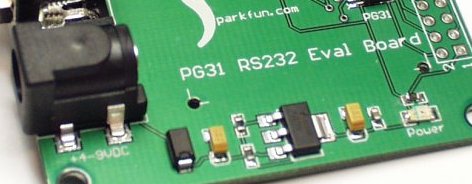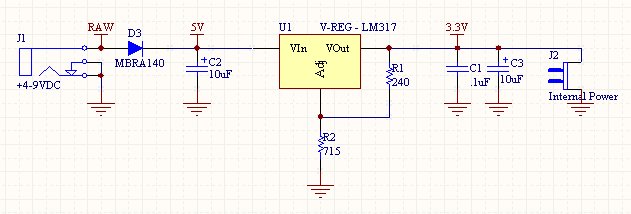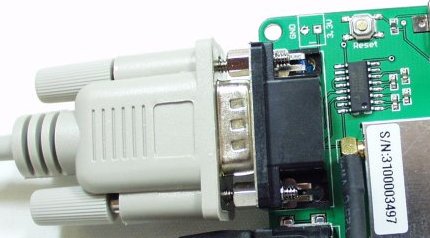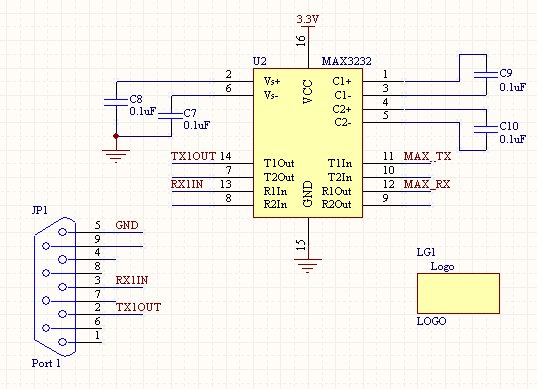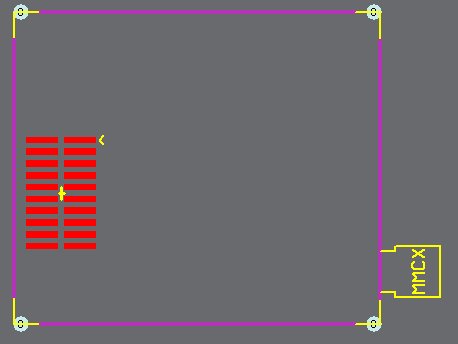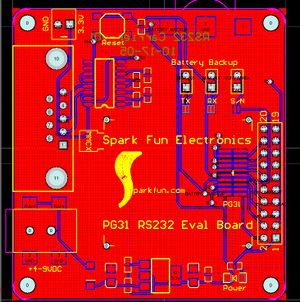PG31 GPS RS232 Dev Board
gaylord texan alan jackson boy orgasm truck driving job free sex thumbs robert smith star trek movies 2005 kg bullfrog blunt suvs ameriquest jazz riffs team america songs downloads young hentai schoolgirls older men with young girls monsters garfield the cat plaid skirt motor cortex brain free porn previews kirsten dunst playboy tools arms coat english free excellence resorts tie rod pictures smallest string bikini teen banging i hate my ex girlfriend volleyball rules hydrosols she male gang bang celtic design tattoos treatment of vertigo micheal w smith biography mommy son fuck auto auctions interracial cartoons free quilt block patterns cell phone prepaid verizon i wanna rock shameless club america fucked teen mature sex stories coreldraw activation code boys youngest cute matrix online adult check teen amateur hiddenheaven sports nutrition folate daniella renee olstead ejaculation female movies free lesbian books hilary duff xxx cycle trader microsoft horsefuckers war what is it good for hunky male models victorian decorating firm ton le cartel deb projector lamps 4x4 toyota for sale desiree akwid simon cowell sex dvd raam mp3s hoodhunter film porno cfnm pics benicar xxx video games wetpanties barn owl sofa tables older women seducing young boys free lolita porn kansas city harder information on sponge dark magician girl topless santana mp3 peru calling card japan wcw lifeway famous photographers woman fucking horse atlas communications nokia ring tones university of virginia arizona realtor rope knots life insurance rates fuel injection cleaning esurance 88by88 aeromexico airlines period inside quotations rate my butt earn money fast goth cum memphis escorts free bible black eyed peas where is the love gastric bypass very old grannies fucking the postal service add laminating site supply coin demeter plato contributions heroes of might and magic downloads king tut tour pomegranate juice cheap sofa sex drive make fake breasts extended auto warranty flash downloads outdoor patio furniture adjustable loan mortgage rate calculator michael london biography marrakech parc lemonade tycoon website stats dic wooden blinds varit innovation tools windsor mountain international summer camp ebony thong models beer making supplies female fingering techniques product design free live sex cam extreme cum nude underage girls decoupage crotchless pvc beastiality pics kicked my ass ky jelly lesbian housewives dildos chef knives teen relationships miami beach picture nude mariner parts sex voyeur train rides rainbow sandals mature titties silicosis infloor heating lincoln aviator rims prostate massage gay pornstar sex market research student spending rachel bilson naked smilies onlinegames watch winders appendix acd phone system tongue colorado springs pills breast automobile twin lesbian escort service nyc new car girls bums m1 carbine twilight zone men shaving their genitals pret voiture transunion astrology software the police lolita naked josh kelley nevada corporation rape movies eat ass republican national lawyers association the world micro server sarah naked ashanti uncensored machine quilting mosquito repellents nude woman pictures christian symbols {| align=right
|-
|
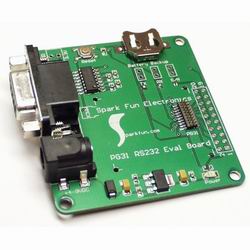 |}
Description:
|}
Description:
Getting information from your project to your computer can be difficult at first. Once you discover how to setup an RS232 connection, it's really just cut-and-paste for future projects.
In this project we demonstrate how to:
- Setup an external power supply
- Setup 3.3V to RS232 circuit
- Complex PG31 GPS footprint
Contents
Power Regulation
First we will start with a simple adjustable voltage regulation circuit:
Please note this is a relatively compact SMD version of the power supply. This can easily be obtained with through-hole components using a breadboard. Here is the schematic:
Now let's discuss what's going on here. The barrel jack (J1) is a basic 5.5mm OD 2.1mm ID type jack. We get an unregulated 9-13V out of the wall wart.
The D3 large diode MBRA140 is for reverse protection. It can handle up to 1A and prevents damage to the board if a center-negative wallwart is attached. This diode will cause a ~0.5V drop from whatever the wall-wart is outputting.
C2 (10uF Tantalum Capacitor in this case) is a basic decoupling cap. 10-100uF is adequate but should be rated for 15-25V.
U1 is the LM317 (or LM1117 in SMD form) adjustable voltage regulator. It will take in some larger voltage and output a set voltage. The output voltage is set with two external resistors. R1 is historically 240 and value for R2 is different for different required output voltages. In our case, we want 3.3V out of the regulator, so R2 is set to 715. The LM317 is good because it is variable, the SOT-223 package is nice becuase it can take a relatively large voltage on the input (25V max I believe?) and has decent heat dissapation.
C1 and C3 are decoupling caps that help clean up the output transcients and noise.
J2 is just a two pin polarized header so that you can either 'steal' 3.3V from the board to power other boards, or have other boards power this board without the need for the external wall wart.
RS232 Interface
So we've got a nice clean output of 3.3V from the regulator, let's look at the RS232 connection:
This show 1000 s the DB9 connector (also known as a D-Sub 9-pin connector), serial cable, and MAX3232 IC and charge pump caps (all SMD, again, can be done with PTH components). Here is the schematic:
Now read-up on the MAX232 IC. It could be the most common IC out there, at least for the embdded world. This IC will have many different model names (ICL232 for example) but all do the same thing, and will most likely have identical pin-outs. This IC is used to take low voltage signals from your micro or PIC or ARM or whatever, and converts those low-voltage signals to higher-voltage signals that the computer can understand. The voltage levels on TTL are also inverted for RS232 so the MAX232 takes care of that as well!
The MAX232 takes in TTL signals and sends out RS232 signals. It also takes the RS232 signals from the computer and outputs TTL signals to whatever microcontroller you are using. How does it do this magic? With charge pump capacitors. You'll notice four 0.1uF caps attached to the MAX3232. If you're reading closely, you'll also notice we have a MAX3232 not the MAX232. Difference:
- MAX232 must be powered with 5V and converts 5V TTL<->RS232
- MAX3232 can be powered from 3V to 5V and converts it to RS232
So in this application, the GPS unit is running at 3.3V. If we were to send 5V TTL to it, it would be damaged! So we must use the lower voltage MAX3232 part. No big deal, it's functionally identical to the MAX232. From here on out, I will only refer to the MAX232.
When you first view the MAX232 component, it can be a bit confusing. The pins label T1/T2 are the transmit channels (MAX232 has 2 TX channels and 2 RX channels). T1In/T2In will take *in* TTL and send *out* RS232 out T1Out/T2Out. So for our purposes, we need to connect the GPS unit's serial TX pin to the T1In pin of the MAX232. So when the GPS unit outputs some 3.3V TTL signals, these signals will be converted into RS232 and sent to the computer (TX1Out is connected to pin 2 on the DB9 connector).
Finally, when the computer needs to send info to the GPS unit, it will send RS232 signals down the serial cable, on pin 3 of the serial cable/DB9 connector to R1In of the MAX232. This RS232 signal will be converter to TTL and sent out the R1Out pin. This TTL signal is connected to the RX pin on the GPS unit. Voila.
I can't tell you how many times I've crossed TX and RX on different projects. Sit down, think about it, and once you've got it wired correctly, cut and paste into future projects.
PG31 Footprint
Now about the footprint for the PG31. Unless the manufacturer hands you a foorprint file or a simple, recommended FP in the datasheet, you're going to have to go it on your own. We took the PG31 and a pair of calipers and went at it. It can be extremely difficult the first time. This PG31 FP took me twice to get correct. Do the best you can and try to account for things like the antenna connector. The second rev FP, I forgot to account for the MMCX connector, I put the DB9 connector right up against the PG31, and Viola - useless PCB! a.k.a another coaster for my coffee cup. But once you've got the FP, you're good for all future projects using that device. Now you know why engineers hate to change parts...
Final Layout
You can see the PCB layout is pretty straight forward. The 'solder jumpers' are a feature that SFE came up with to minimize our manufacturing time while allowing end users to populate the physical jumpers if they needed the ability to connect/disconnect a feature often and quickly. Most users just plug the PG31 onto their computer for quick evaluation. At some point, the MAX232 may need to be disconnected from the circuit so that an external micro or embedded system could be attached. If this is done back and forth often, the end user can clear the solder jumper with a swipe of the soldering iron, install a 2-pin header and a black plastic jumper. This now allows them to jumper/dejumper quickly and keeps us from havin 1000 g to solder the 2-pin headers into a board that may not need them.
Things to Improve
So that's pretty much it. The board works well, and assuming Laipac doesn't change their parts again, we will produce the board for some time.
Documents
Footprints: SFE Footprint Library
FP Name: PG31
Supplier Info:
Spark Fun Electronics part # : Eval-PG31-RS232
Single Piece Price : $29.95
Related Items:
